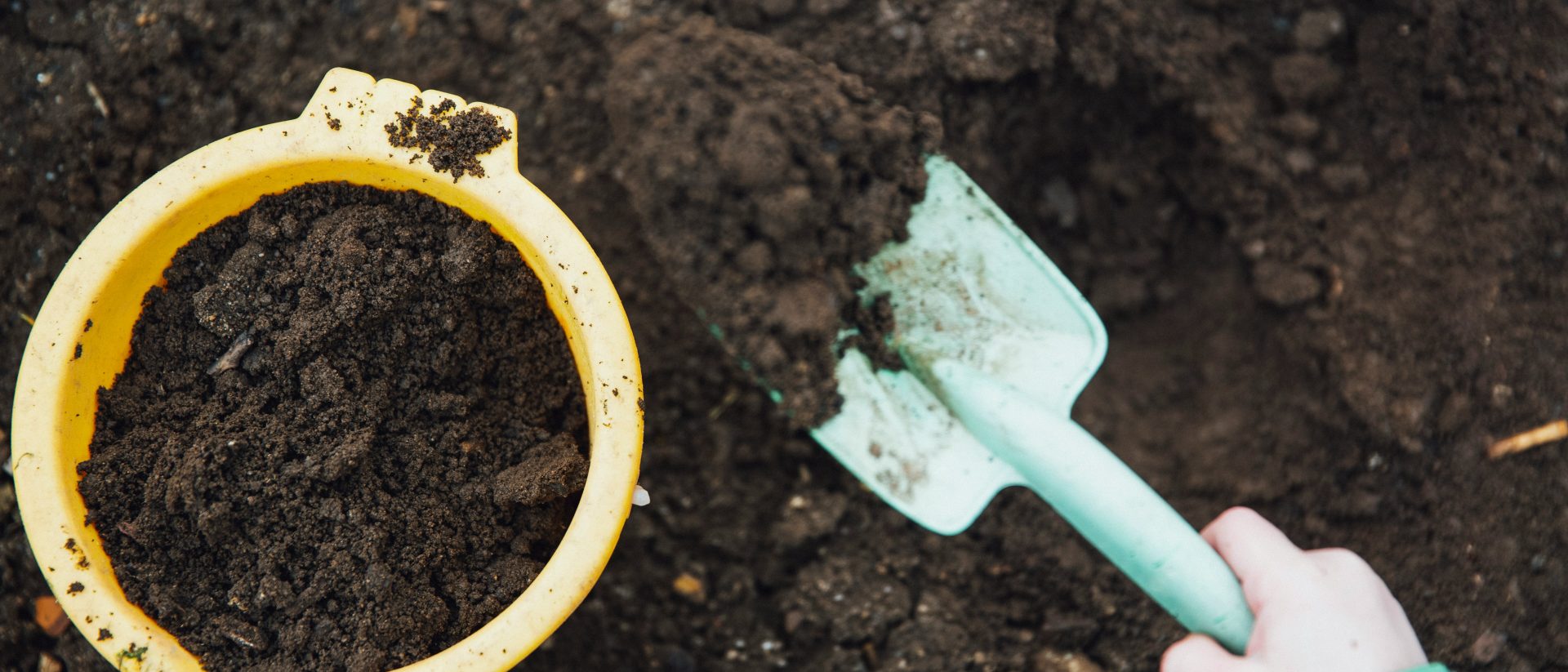- International Compost Awareness Week (ICAW) 2024, the largest and most comprehensive education initiative of the compost industry, takes place 5 – 11 May;
- ICAW 2024’s theme is COMPOST…Nature’s Climate Champion;
- Composting organic residuals and creating compost is a proven winning combination to tackle climate change, while also helping to keep soils healthy. It also helps to make soil more resilient to drought, reduce the need for mineral fertilisers, support biodiversity and grow more nutrient-rich foods.
(2nd May, 2024, London), As the world grapples with the urgent need to combat climate change, International Compost Awareness Week (ICAW) stands as a beacon of hope, celebrating compost and the importance of organics recycling. From 5th to 11th May, individuals, communities, and organisations worldwide will unite to raise awareness about the transformative power of compost and composting in mitigating climate change.
This year’s theme, COMPOST… Nature’s Climate Champion, highlights the very real fact that we can still fight climate change instead of accepting it as a given. Through organics recycling and the return of compost back to our soils, greenhouse gas emissions can be reduced with additional benefits being delivered including improved soil health and biodiversity, increased agricultural productivity, enhanced food security and water quality.
“Compost is a powerful champion in our fight against climate change,” remarked Jenny Grant, Head of Organics and Natural Capital at the REA (The Association for Renewable Energy and Clean Technology). “It not only reduces methane emissions from landfills but also enriches soil, sequesters carbon and promotes greater biodiversity. Through International Compost Awareness Week, we aim to highlight the immense potential of composting and compost as nature-based solutions to combat climate change.”
The organic matter in compost helps our soils absorb carbon dioxide from the atmosphere and store it in the soil, where it can remain stored for years, decades, or even centuries. At the same time, compost helps create healthier soils that are more resilient to changing weather conditions, improving soil structure and water-holding capacity while also reducing erosion. Providing a slow-release source of nutrients to plants, with healthier soil, compost also helps reduce the need for chemical fertilizers and pesticides.
“As we confront the challenges of a rapidly changing climate, composting emerges as a tangible and accessible solution that empowers individuals and communities to take meaningful action,” said Graeme Kennett, Principal Environmental Consultant at Mabbett & Associates Ltd and Chair of the REA’s Organics Forum. “International Compost Awareness Week serves as a catalyst for change, inspiring collective action towards a more sustainable future.” We encourage everyone to participate in ICAW and learn more about how composting can benefit our communities and the environment.”
To celebrate ICAW, communities and organizations around the world are hosting composting workshops, demonstrations, and many other types of events. Individuals can also get involved by starting their own composting system at home or in their community, getting to know the important workings at a local composting facility and by adding compost to their soil to improve their garden’s productivity and climate-resiliency.
For more information about International Compost Awareness Week and how to get involved, visit: https://www.r-e-a.net/resources/international-compost-awareness-week-2024.

